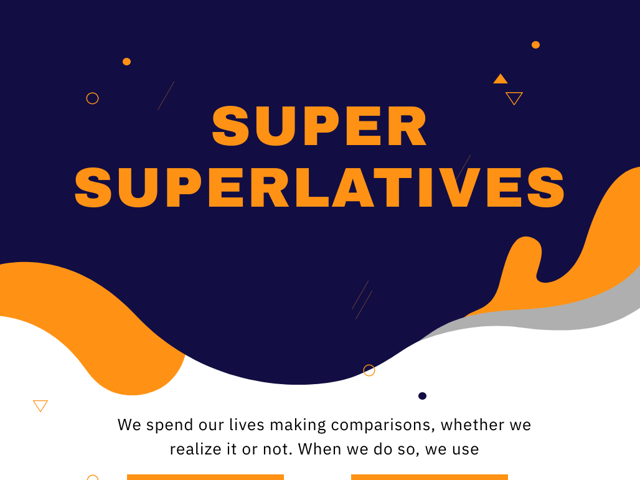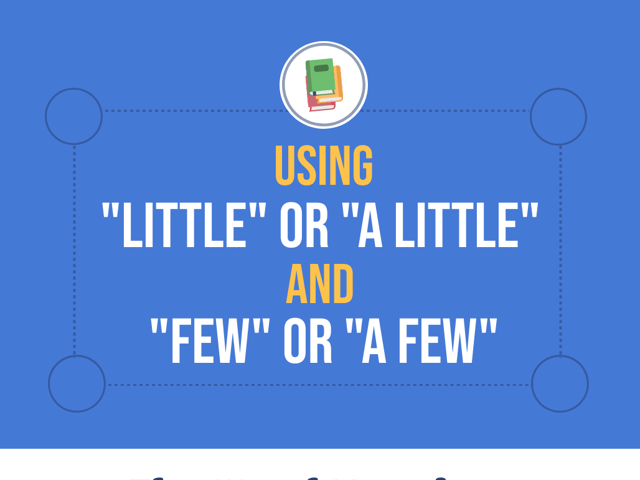
Casual vs. Formal Language
Oh, how far language and writing have come in human history! From early hieroglyphics and pictographs to the flowery language of Shakespeare to today’s abbreviations and text language, writing is a constantly evolving artform.
Despite the changes, however, there is something to be said for knowing the right words and level of formality to use in any given situation.
Some may argue that writing, in general, has become less formal in recent years. With the increase of electronic communication including email, text messages, and Instagram posts, typical language use has changed.
Casual Language
“Text-speak”—or that informal presentation of ideas couched in abbreviations and casual or familiar language—is appropriate when communicating in informal situations. Texting a friend or checking in with Facebook followers doesn’t require formal language. In fact, if you used complete sentences and elevated diction in these arenas, people might start wondering about you. Imagine, for example, checking your Facebook feed and seeing this:
Your post:
Studying for sociology final by ppl watching at Starbucks. Lesson learned: people will run red lights bc their in a hurry to get somewhere but are willing to wait 7 mins for venti soy creations for which they pay top $. Humanity is in trouble…
A “friend’s” response:
If you want to earn high marks on your exam, it might be a better idea to hit the books than to hit the coffee shop. While I agree with your assessment of traffic infringements, as I have experienced those myself, I don’t find that people are all that more patient or understanding when waiting for their caffeine fix that will likely increase their driving speed as they hurry to their next engagement. Indeed, humanity does seem to be struggling currently, but do you think your professor is going to be asking questions about the happenings at the local Starbucks or traffic incidents? Please consider reviewing your class notes as preparation for your upcoming exam as opposed to loitering at the coffee shop. You also might want to proofread your posts for spelling and actually spell out words instead of abbreviating. Just a thought.
Not what you’d expect (or appreciate), right?
Formal Writing
On the other hand, when you are writing in more formal situations (think writing an email to your boss, a letter to a company demanding a refund for a deficient product, or academic writing), then you need to use “real” or more formal language.
There are expectations for the type of language and writing that is used in different situations. How we text or talk is not always appropriate to transcribe into formal writing situations. The level of formality, including the use of complete, complex sentences, elevated diction, and full standard spelling of words is important to consider during formal writing tasks.
Imagine, for a minute, that you are reading responses to a job ad placed by your company and have these two candidates to further investigate for the position. Which applicant would you tend to go with?
Yo, sounds good. Ima shoot you my resume and you can hit me up if you dig it.
I read your job posting with great interest and would like to discuss this position further. Please find my resume attached, as well as my complete contact information. I am looking forward to your response.
No contest, right?
How Do I Know When to Use Casual or Formal Writing?
Knowing your audience and your purpose before writing will help you determine what level of language would be most appropriate. Formal language presents a very different effect than informal language, and using each in their appropriate arenas is important in order to both effectively express your message and to keep a good reputation about your writing and language abilities.
For more help with English, spoken and written, check out our English Basics materials.
Keep Reading

English Basics Blog
How to Write a Compare and Contrast Essay
When you were in school, you probably had to write a lot of different t…

English Basics Blog
What are Superlatives?
We spend our lives making comparisons, whether we realize it or not. Wh…

English Basics Blog
When to Use “Little” or “a Little” and “Few” or “a Few”
Few aspects of the English language can grow as convoluted as when to u…